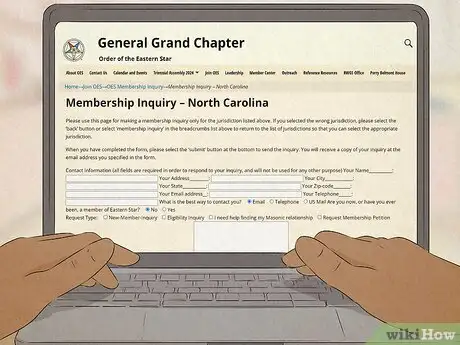
In today’s fast-paced world, unforeseen challenges and emergencies can arise at any moment. Whether it’s a medical crisis, a financial emergency, or a psychological distress, knowing where to turn for immediate help is crucial. Having access to quick support can alleviate stress and help you navigate through the turmoil. It's not just about having resources available; it's about understanding how to utilize them effectively in critical times. Immediate help provides not only a safety net but also a roadmap towards recovery and resolution. There are various forms of immediate assistance depending on the situation you find yourself in. Below are some common types: When in need, it can be overwhelming to find the right path to assistance. Here are steps to consider: Creating an emergency plan can be invaluable in times of crisis. An established plan allows you to act swiftly instead of wasting precious time figuring out what to do. It ensures that you and your loved ones know the right steps to take in an emergency situation. There are several components that you should include in your emergency plan: Once you have formulated your emergency plan, practicing it is vital. Regular drills can help reinforce the steps everyone should take in case of a crisis. This practice can help alleviate anxiety about the unknown and provide a sense of control in chaotic situations. In the digital age, technology provides innovative ways to access immediate help. Various apps and online platforms can offer assistance, guidance, and resources when you need them the most. Social media platforms can also act as a significant resource for immediate help. Many communities and organizations utilize these platforms to disseminate information quickly. They can connect individuals with local resources and provide support in real-time. Engaging with local online communities can create a support network, especially in times of need. In a medical emergency, call emergency services immediately. Provide them with clear information about the situation, and follow their instructions until help arrives. If safe, begin basic first aid if you have the knowledge. You can find psychological support quickly by searching for local mental health hotlines, many of which operate 24/7. Additionally, apps and websites dedicated to mental health can connect you to professionals fast. Yes, numerous nonprofit organizations and government programs offer financial assistance during emergencies. Search online for local resources and reach out to community organizations to find available support.Get Immediate Help When You Need It Most!
Understanding the Importance of Immediate Assistance
Types of Immediate Help Available
How to Access Immediate Help
Building a Personal Emergency Plan
Why You Need an Emergency Plan
Essential Components of an Emergency Plan
Practice Your Emergency Plan
Utilizing Technology for Immediate Help
Apps and Tools for Quick Assistance
Social Media and Community Networks
FAQ
What should I do in a medical emergency?
How can I find psychological support quickly?
Are there financial resources available during emergencies?